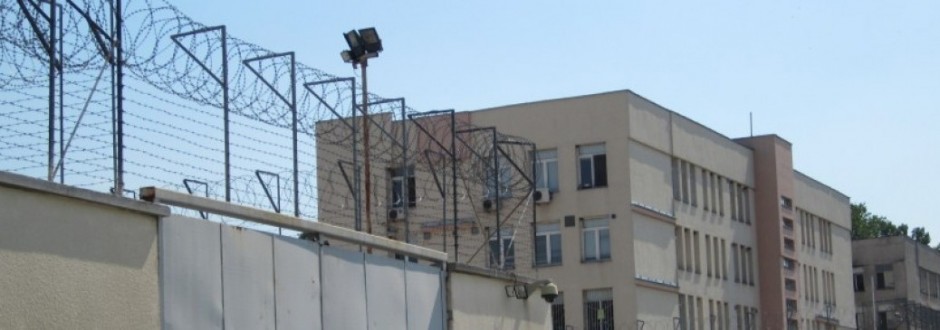Last week, the Bulgarian parliament decided to give more power to the army. The new amendment in the Armed Forces Act was proposed in the parliament by the conservative party GERB and was later supported by all other parties (the Reformist Bloc, the Patriotic Front, ABC, MRF, BSP, Ataka and BDC). Prior to this decision, the army was only allowed to “assist“ the employees of the Ministry of Interior, for example in logistics. With the new amendment, the military is officially allowed to be involved in border security.
Already in January 2016 the, so called, “Visegrad Group“ (Poland, the Czech Republic, Slovakia, and Hungary) came up with the idea about a “reserve border system” at the border to Macedonia and Bulgaria and a possible collapse of the Schengen system. The Hungarian Prime Minister, Viktor Orban, called on the EU to offer Bulgaria a membership in the Schengen area. Later on, the EU Commissioner for Migration, Home Affairs and Citizenship, Dimitris Avramopoulos, welcomed important steps that were already taken by Bulgaria, for the possibility of a change of the main route of the humanitarian corridor during his visit in Sofia.
In the meantime, the head of the State Agency for Refugees (SAR), Nikola Kazakov, announced that mass departures from refugee centers are still ongoing. In numbers that means, between August 2015 and January 2016, 4,102 refugees left the open centers. It can be assumed that a large number of people is still crossing Bulgaria without being registered to avoid a deportation after the Dublin regulation, that is is still in place. In 2016, by the end of January 2016, the SAR registered 1,966 asylum applications in Bulgaria.
Update: On the 25th of February 2016, the parliament approved the amendment to the Defence and Armed Forces Act unanimously.
